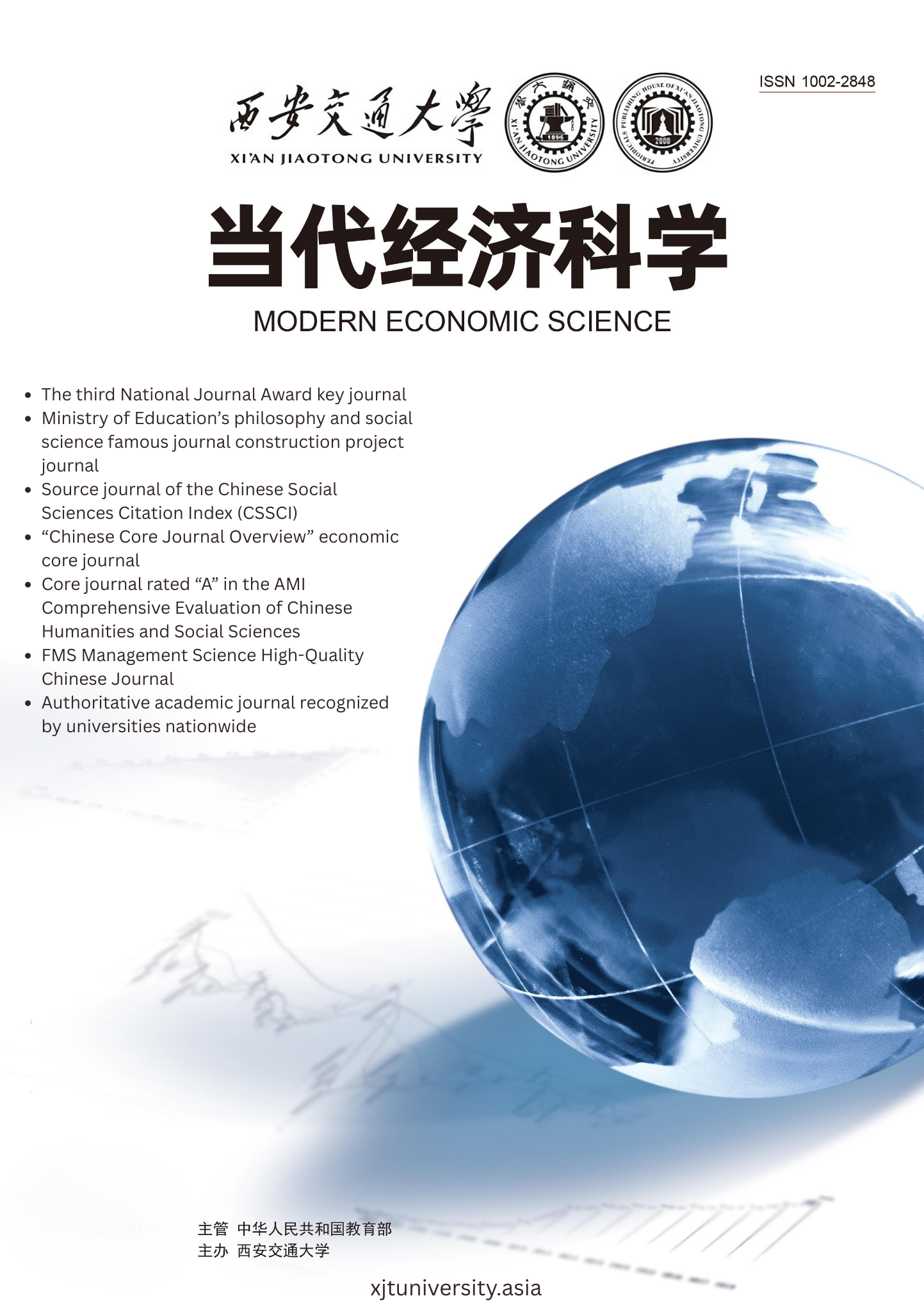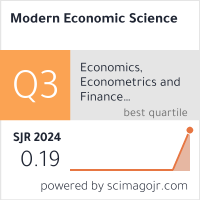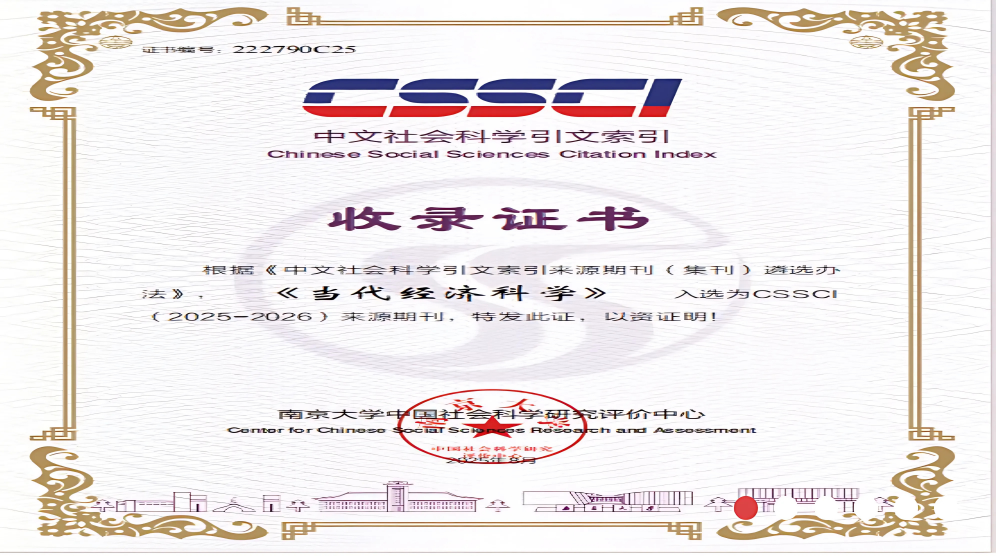New Quality Productivity and Basic Economic Modal Transformation
DOI:
https://doi.org/10.20069/5q2t0q03Keywords:
new quality productivity, virtual and real integration, enhanced through S&T innovation, transformation of basic economic modes, high-quality developmentAbstract
In the era of Chinese-style modernization under Xi Jinping’s leadership, the concept of “new quality productive forces” has been innovatively introduced, enriching Marxist theory on productive forces and promoting their Sinicization and modernization. This concept fosters high-quality development, profoundly impacting China’s economic and social fundamental modes.
This paper adopts labor productivity as its focal point and logical thread, briefly tracing the concept’s origin, its various expressions, and its evolutionary trajectory. It delves into the scientific connotations and contemporary significance of the “new quality productivity”, emphasizing its novel expressions and substantial qualitative leap, encompassing both material and spiritual productivity. Additionally, it scrutinizes the internal dynamics of this concept in relation to production modes, relations, operational mechanisms, and structural evolution, elucidating its pivotal role in driving high-quality development. Furthermore, it anticipates the transition from a traditional factor-driven economy to an innovative-led economic paradigm.
“New quality productivity”, amalgamating virtual and real elements, wisdom and innovation, represents a new form of productivity, fostering a novel economic model. It heralds a transformative shift towards intelligence and innovation-driven economic structures, propelling civilization and social advancement. In this era of profound change, the pursuit of resource allocation and material wealth is augmented by a focus on dual drivers, material and spiritual, and the value derived from wisdom. To adapt to these shifts, a revision of traditional theoretical frameworks, including conceptual changes and systematic reconstructions, is imperative.
This paper contributes marginally to existing literature in three facets: (1) articulating the concept of “virtual and real integration” in new qualitative productivity, merging science, technology, and humanities; (2) elucidating the correlation between new quality productivity, high-quality development, and the evolution of basic economic modes; (3) providing preliminary insights into the characteristics, composition, and operational principles of the new economic model.
Guided by Marxist political economy principles and the Communist Party of China’s people-centered governance philosophy, this paper aims to enhance China’s economic governance efficiency and advance national modernization. In the face of unprecedented complexity and uncertainty, the analysis presented herein indicates the emergence of a new economic paradigm rooted in the deep integration of scientific innovation and human wisdom. Consequently, it proposes policy implications to accelerate the development of new quality productivity, facilitating high-quality development and Chinese-style modernization.
Downloads
References
[1] Feldman A. J. Power, labour power and productive force in Foucault’s reading of Capital [J]. Philosophy & Social Criticism, 2019, 45(3): 307-333.
[2] 蓝江. 创新国外马克思主义研究范式 [N]. 中国社会科学报, 2023-09-12(3).
[3] Palermo G. Economics and Power: A Marxist Critique [M]. 2nd ed. London: Routledge, 2019: 10-19.
[4] 卫兴华. 马克思的生产力理论超越了西方经济学 [N]. 人民日报, 2017-04-10(7).
[5] Lapintie K. Rationality revisited: from human growth to productive power [J]. Nordic Journal of Architectural Research, 2002, 15(1): 29-40.
[6] Reuten G. The productive powers of labour and the redundant transformation to prices of production: a Marx-immanent critique and reconstruction [J]. Historical Materialism, 2017, 25(3): 3-35.
[7] 吴善超. 科技是第一生产力 (思想纵横) [N]. 人民日报, 2023-01-10(9).
[8] 王国成. 科技人文的融合创新与互动发展 [J]. 人民论坛·学术前沿, 2023(21): 57-67.
[9] 杨蕙馨, 焦勇. 理解新质生产力的内涵 [N]. 经济日报, 2023-12-22(11).
[10] 毛泽东. 论联合政府 [M] // 毛泽东选集: 第3卷. 北京: 北京工业大学出版社, 1991: 1079.
[11] 习近平. 高举中国特色社会主义伟大旗帜 为全面建设社会主义现代化国家而团结奋斗: 在中国共产党第二十次全国代表大会上的报告 [M]. 北京: 人民出版社, 2022: 33.
[12] 赵振华. 新质生产力的形成逻辑与影响 [N]. 经济日报, 2023-12-22(11).
[13] 陆园园. 释放创新动能引领新质生产力发展 [N]. 经济日报, 2023-12-22(11).
[14] 潘建屯, 陶泓伶. 理解新质生产力内涵特征的三重维度 [EB/OL]. (2024-01-13) [2024-05-01]. http://kns.cnki.net/kcms/detail/61.1329.C.20240112.1251.002.html
[15] 习近平. 努力成为世界主要科学中心和创新高地 [J]. 求是, 2021(6): 4-11.
[16] 舒尔茨. 人力资本投资 [M] // 现代国外经济学论文选: 第八辑. 北京: 商务印书馆, 1984: 20-22.
[17] 习近平. 共担时代责任, 共促全球发展 [J]. 求是, 2020(24): 4-11.
Downloads
Published
Issue
Section
License
Copyright (c) 2024 Editorial Board of Modern Economic Science

This work is licensed under a Creative Commons Attribution-NonCommercial 4.0 International License.













